Israel to refrain from attacking Iran's nuclear sites, focus on military targets, sources say
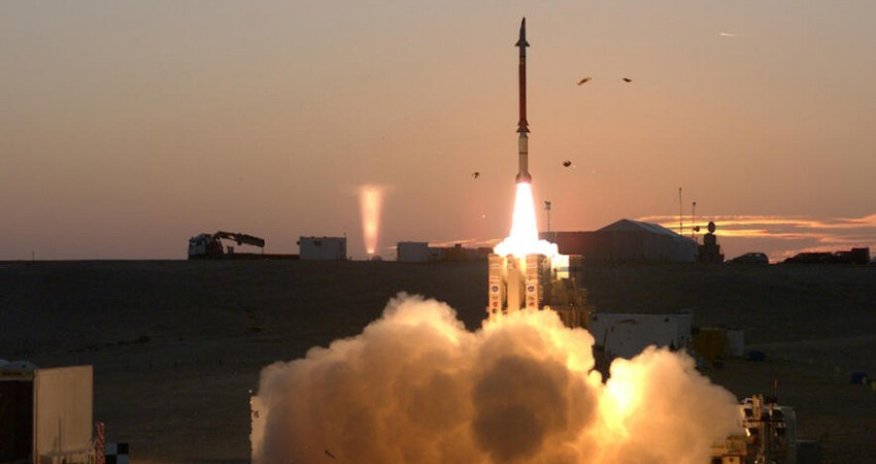
Israel is not expected to attack Iran’s nuclear program but rather focus on various kinds of military bases and intelligence sites, The Jerusalem Post has learned, following a New York Times report on the issue.
Confronted with the Times report, sources did not deny the thrust of it, which predicted that Israel’s retaliation against Iran for its massive October 1 strike on the Jewish state would fall more in the medium range of attack scenarios.
Further, the Post understands that Israel’s attack on Iran – which virtually all top Israeli officials have publicly promised – will still be much more substantial than its narrower retaliation on April 19, when Iran’s S-300 anti-aircraft missile system was damaged.
Despite being presented with the idea that the current context could be a once-in-50-years opportunity to attack Iran’s nuclear facilities, sources indicated that attacking Iran’s nuclear program would not necessarily be consistent with the "goals of the war” as set by the security cabinet.
For example, while the most stated goal of the war is to defeat Hamas, and returning Israel’s northern residents to the Lebanon border in security has also been discussed a lot lately, another formal goal is not to be dragged into a regional war, especially with Iran, the Post understands.
In other words, getting drawn into a regional war with Iran – something the security cabinet, the IDF, the US, and most of the West are worried could happen if Israel would strike Iran’s nuclear facilities – could significantly distract and impair Jerusalem’s ability to finish off Hamas and achieve a more secure situation with Hezbollah in Lebanon.
The Post has learned that some top Israeli officials view Iran’s second attack on October 1 (after its first attack over April 13-14) not as an indication of a readiness by Tehran to get into a broader war but as an attempt to rebalance its own deterrence from Israel after the IDF has managed to substantially eliminate its two largest "insurance policies”: Hezbollah and Hamas.
www.anews.az
Confronted with the Times report, sources did not deny the thrust of it, which predicted that Israel’s retaliation against Iran for its massive October 1 strike on the Jewish state would fall more in the medium range of attack scenarios.
Further, the Post understands that Israel’s attack on Iran – which virtually all top Israeli officials have publicly promised – will still be much more substantial than its narrower retaliation on April 19, when Iran’s S-300 anti-aircraft missile system was damaged.
Despite being presented with the idea that the current context could be a once-in-50-years opportunity to attack Iran’s nuclear facilities, sources indicated that attacking Iran’s nuclear program would not necessarily be consistent with the "goals of the war” as set by the security cabinet.
For example, while the most stated goal of the war is to defeat Hamas, and returning Israel’s northern residents to the Lebanon border in security has also been discussed a lot lately, another formal goal is not to be dragged into a regional war, especially with Iran, the Post understands.
In other words, getting drawn into a regional war with Iran – something the security cabinet, the IDF, the US, and most of the West are worried could happen if Israel would strike Iran’s nuclear facilities – could significantly distract and impair Jerusalem’s ability to finish off Hamas and achieve a more secure situation with Hezbollah in Lebanon.
The Post has learned that some top Israeli officials view Iran’s second attack on October 1 (after its first attack over April 13-14) not as an indication of a readiness by Tehran to get into a broader war but as an attempt to rebalance its own deterrence from Israel after the IDF has managed to substantially eliminate its two largest "insurance policies”: Hezbollah and Hamas.
www.anews.az
Similar news
Similar news
























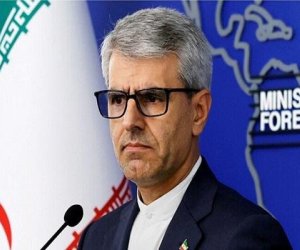
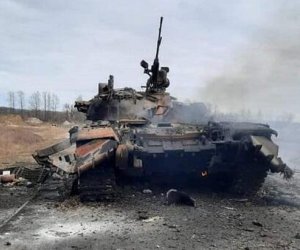

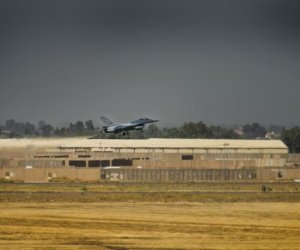
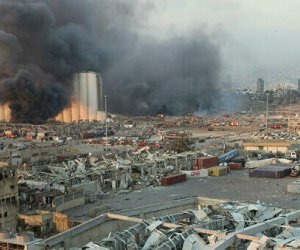


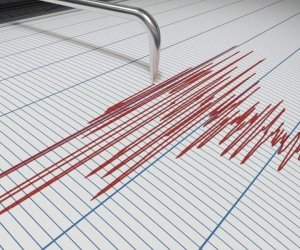
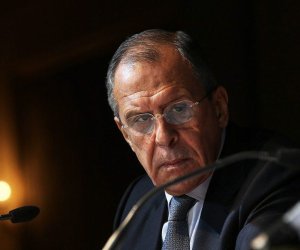



 Photo
Photo 



 Video
Video 

